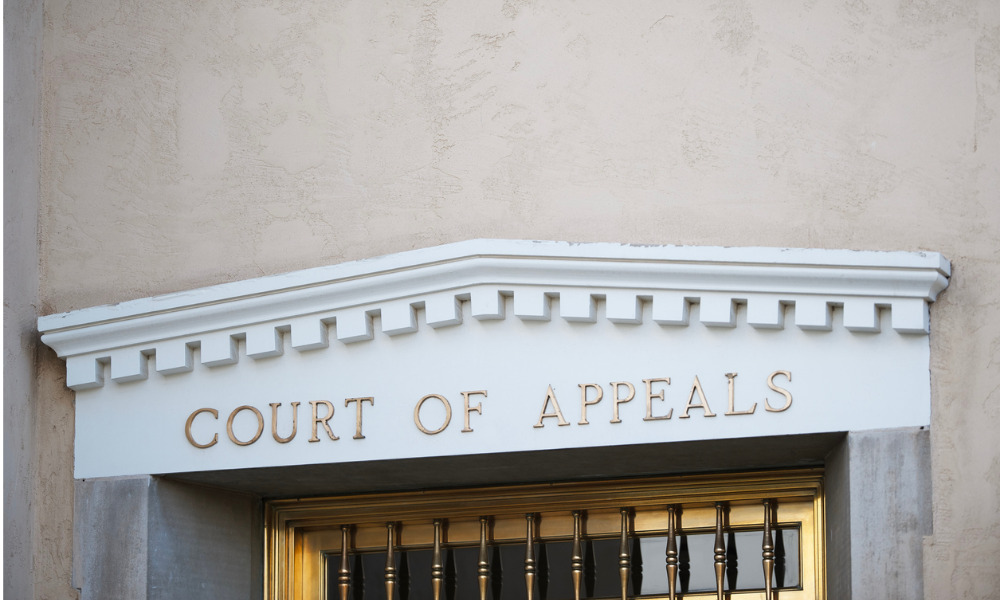
He acted as counsel for his wife and neighbours in a dispute concerning their apartments

The Court of Appeal has refused to allow the appeal of an in-house lawyer charged with misconduct for providing regulated services to the public other than in the course of his employment.
In Brill v Auckland Standards Committee 2 [2023] NZCA 465, Barry Edward Brill is a solicitor who was admitted in 1964. He practised as an in-house lawyer employed by his company, BE Brill Ltd. He held a practising certificate as an in-house lawyer and was not entitled to practice on his account.
Between 2015 and 2017, Brill acted as a solicitor and counsel for himself, his wife, and four neighbours in a dispute with the body corporate of the Gateway complex in Paihia, in which they all owned apartments. Following the litigation, the Standards Committee of the New Zealand Law Society charged Brill with misconduct, finding that he had provided regulated services to the public other than in the course of his employment, contrary to s. 9(1) of the Lawyers and Conveyancers Act 2006. The disciplinary tribunal fined Brill and ordered him to pay 75 per cent of the related costs.
The tribunal explained that Brill has been employed by BE Brill Ltd. as its in-house solicitor since 2007. The company appears to be an investor and does not offer legal services to the public.
The tribunal noted that Brill allowed his practising certificate to lapse at some point, and in 2013, he applied for a new one. He answered, "Will you be engaged as an in-house lawyer (meaning a lawyer who is engaged by a non-lawyer and who, in the course of his or her engagement, provides regulated services to the non-lawyer on a full-time or part-time basis)?" Brill confirmed that he would not be in practice on his account.
In answer to questions from the Law Society, he said he would provide services to BE Brill under a service contract. The court explained that Brill had never applied to practice on his own account or met all the requirements.
Brill appealed from the tribunal's findings on his liability. The high court ultimately dismissed his appeal. Brill raised the case to the court of appeal, seeking leave to appeal the high court's decision.
The court noted that Brill accepted before the tribunal that he had provided regulated services concerning the litigation. He argued that his clients—his wife and neighbours—were not the "public." While the tribunal put his wife's position to one side, it found the charge proved that the other parties quite clearly were "the public."
On appeal, Brill argued that the high court was wrong to hold that s.9(1) creates a general prohibition against in-house lawyers providing regulated services to the public. The appeal court found it was not seriously arguable that Brill complied with s. 9(1). The court noted that the objective of the legislation is to confine employed lawyers, including in-house lawyers, to offering regulated services in their capacity as employees subject to specified exceptions.
The court found that Bill had provided regulated services otherwise than in the course of his employment. The court said that the "public" included his neighbours. Brill also argued that because he was entitled to practise on his own account, he could not contradict s. 9(1) notwithstanding that he had not sought to practise on his own account at any relevant time or met all the requirements. The court said his argument was misconceived. Accordingly, the court ultimately declined Brill's leave to appeal.